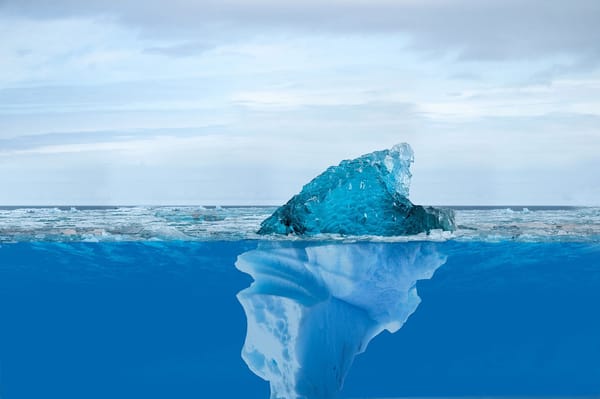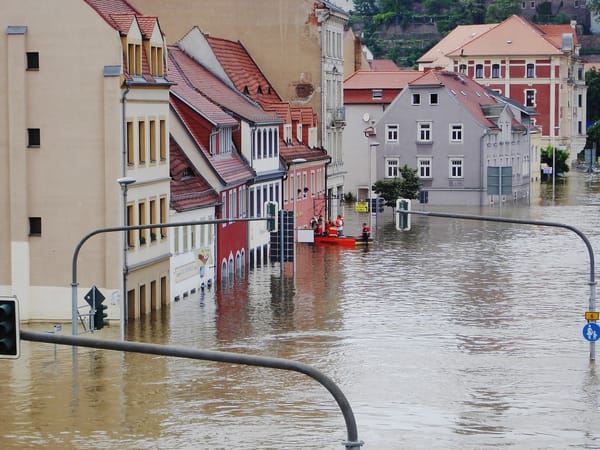Why Small, High Tech Communities Are the Best Bet Against Climate Change
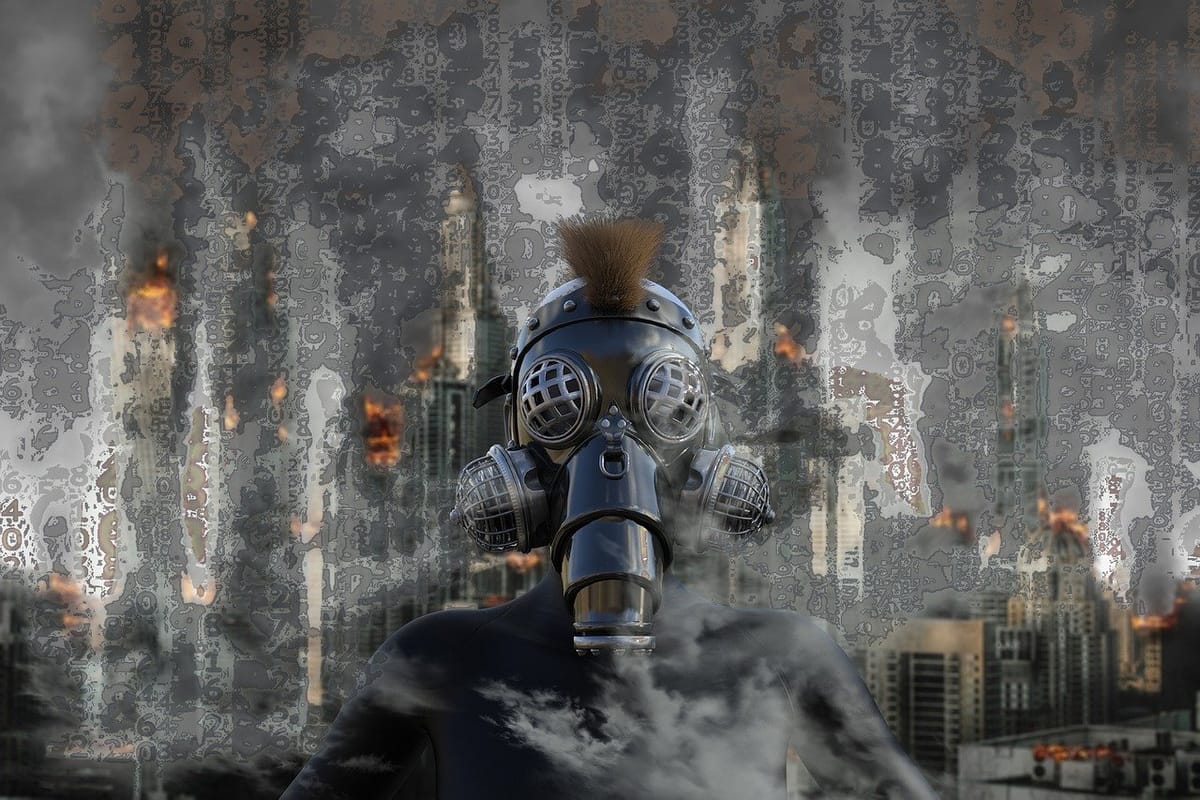
Climate adaption is now necessary
We're all inclined to think that our big cities are safe, but when it comes to climate change, there are several disadvantages. I'm going to list them.
- Too few resources to go around when a major disaster strikes
- Tends to be quite a bit of corruption
- People turn against each other when resources are scarce
- Cities were never built to stand against climate change
- They heat up more quickly than small towns and villages, thus creating a heat dome.
- Uneven spread of resources, with the wealthy getting assistance first
Smaller towns and villages have issues as well. They would be:
- Don't have as many resources as a big city does
- Have a less developed public transport system
- Food may have to come in from further away

There are advantages to small communities, though.
- In an emergency, it is easier, quicker, and less complex, to make decisions than in a large city with millions of people.
- It is easier to fortify and prepare the town or small community because there is less area to cover.
- It is easier to get people on board with general policy in a small community than in a mega-city.
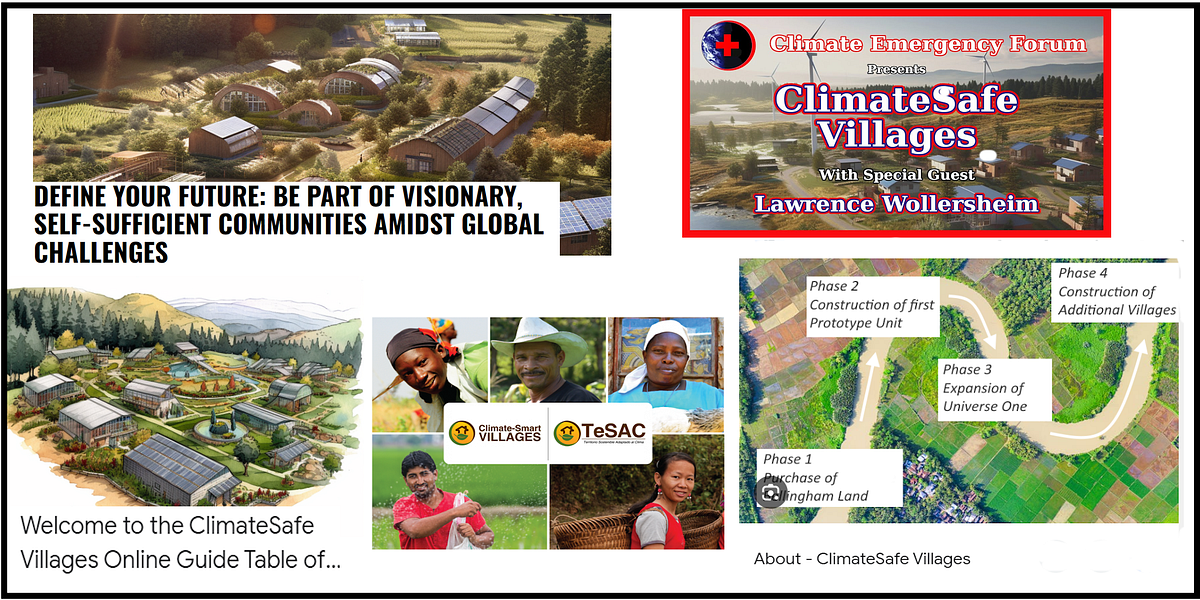

High Tech Villages and Towns
There are those who are already preparing for what is to come - those with lots of money. It's no coincidence that Babcock Ranch in Florida withstood the effects of Hurricane Ian. It was specifically designed to be safe - the geographical area was carefully chosen, and the village was designed to cope with high velocity winds and floods.

Retaining high tech is essential if we are not to revert to being hunter gatherers, and provided we are willing to forego a system of profit and work together with others in our community, we can survive.
We will need to:
- Build in a place that is sheltered from fires, hurricanes, water, fault lines, etc., and while there can be no guarantee that those things won't happen, it is less likely. Either that, or we will have to search out such a community.
- Probably the most important thing is to sustain electricity. Without energy, it is impossible to maintain our current way of life. Hydroelectricity is probably going to be the best way, so it would be important to live near a water source.
- We need to become very aware of the kind of skills our children learn. The population will shrink drastically, and there may be no place for poets and pontificators. Highly needed skills like engineers, doctors, and scientists are going to be vital. So are highly skilled workers. Thus, there will need to be a rigorous education system plus a way to retain the knowledge we have.
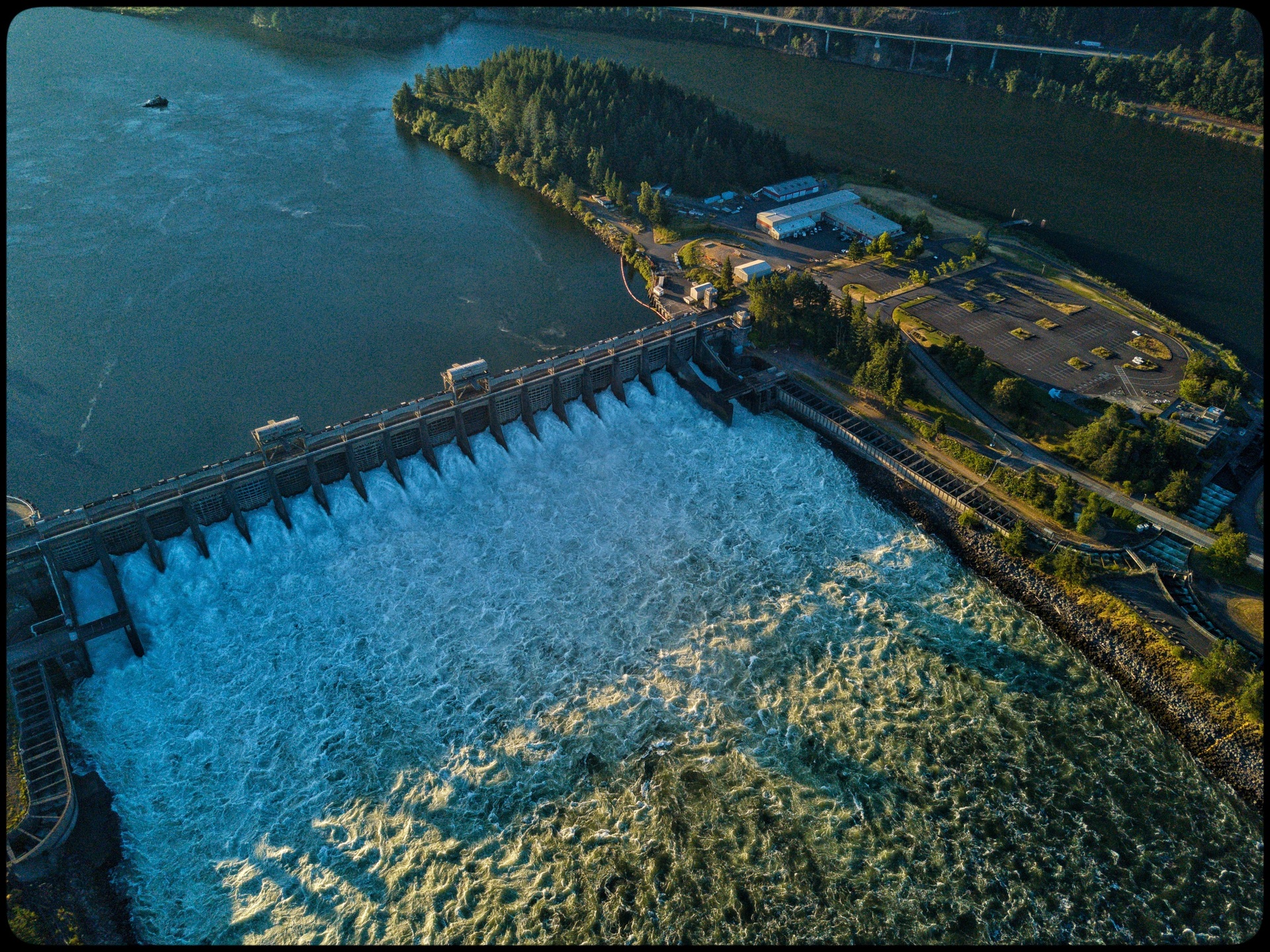
- Ensure that everybody in the town or village is known to everybody else. In an emergency, it is important to know who isn't around, who may need help, and who can provide particular skills. We have become accustomed to smartphones, but as we also all know, they don't always operate when towns and cities have been facing unreasonable weather. So, radio will need to be introduced. These villages/towns will need to operate on both a mechanical and an electrical level.
- Maintain a local food supply. As weather is going to be irregular, we can no longer depend on seasons to go along with our growth timetables, therefore it's wise to build vertical farming facilities indoors, and indoor farming needs electricity.
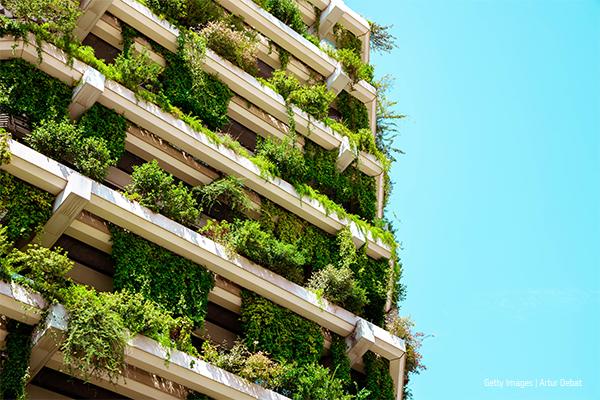
Why high tech is vital to survive climate change
We take so many things for granted. Mostly, we don't realize how many people are needed in order to manufacture the items that keep us safe and give us long lives.
These include things like antibiotics, insulin, excellent communication systems, transport, refrigerators, potable water, and even weapons (though I hate to mention that one).
Few of us can imagine how difficult it would be to survive without the technology we have. Survival is simply going to be easier without having to worry about pandemics killing us off (no medication), wild animals attacking us (no weapons), no food because the fields failed us (indoor farming needs electric light), transport to move quickly, and easy organisation through sophisticated communication tools to keep things moving forward quickly.
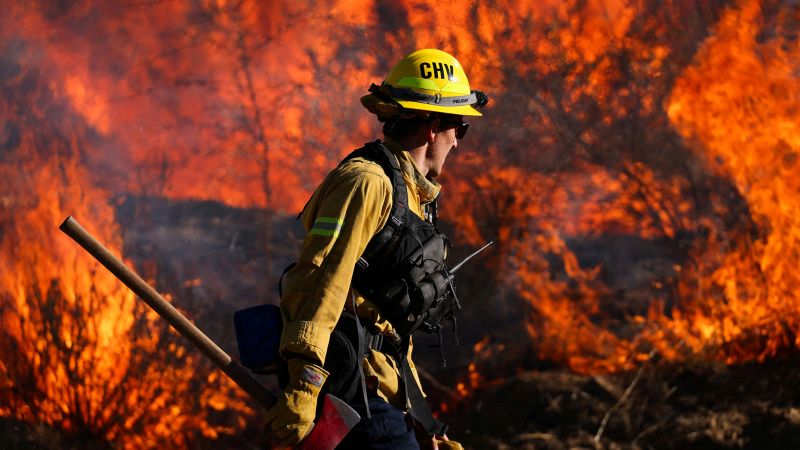
Because we may have been led to believe that the effects of climate change are still a long way in the future, few have prepared for it. Certainly, no country has put into effect plans for any great emergencies. No plans to relocate people in case of unexpected sea rise. No new cities built in safer places where people can be relocated to. At this rate, by the time that becomes a necessity, it will be a little too late. Many, many people will die.
So, it's not a bad idea to begin planning for the disastrous weather that will hit us from now on.




